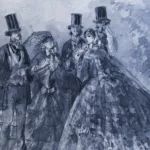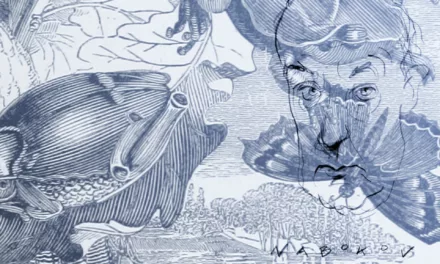
How to Write Despair: Quick Tips for Writers
Despair is a visceral and crushing emotion—one that echoes through the pages of a story, gripping readers with its raw intensity. It is more than just a feeling; it’s an abyss that characters fall into, a shadow that colours their every action and decision with hues of hopelessness and loss.
Behaviour
- Neglecting personal care or obligations.
- A lack of motivation or interest in activities they once enjoyed.
- Withdrawing from social situations or avoiding company.
- Engaging in self-destructive actions or habits.
- Consistent signs of fatigue or lethargy.
- Frequent emotional outbursts or mood swings.
- An inability to concentrate or focus on tasks.
- Indecisive, even on trivial matters.
- Focusing on negative thoughts.
- Displaying a loss of hope or a sense of defeat.
Interactions
- Avoiding physical or eye contact with others.
- Short-tempered and easily irritated.tempered
- Speaking in monosyllables or giving terse responses.
- A sense of indifference or apathy toward others’ concerns.
- Struggling to express themselves or to articulate their feelings.
- Misinterpreting others’ intentions or words negatively.
- Isolating themselves despite offers of help or companionship.
- Being unresponsive to attempts at humour or light-heartedness.
- Blaming others or external circumstances for their despair.
- Seeking out enablers or situations that validate their mindset.
Body language
- Slumped shoulders or a consistently bowed head.
- Averted gaze or blank stares into the distance.
- Fidgeting, such as wringing hands or picking at skin.
- Slow, dragging movements or a lack of coordination.
- Heavy sighing or audible breaths.
- Neglecting personal space or boundaries.
- Minimal gestures or lifeless posture.
- Clenched fists or jaw during moments of heightened emotion.
- Visible trembling or shaking due to emotional strain.
- A general lack of energy or life in physical presence.
Attitude
- Pessimism towards the future.
- Cynicism about intentions, whether their own or others’.
- Resignation, believing that effort will not change their situation.
- Indifference to opportunities or choices presented to them.
- A sense of helplessness or powerlessness in all scenarios.
- Self-deprecation and a tendency to dismiss their own value.
- An overwhelming sense of guilt or responsibility for past events.
- A fixation on the negative aspects of every situation.
- An inability to accept comfort or positive feedback.
- Believing they are a burden to others.
Positive Story Outcomes
- An epiphany or realisation that sparks a desire for change.
- A gesture of kindness from another character that provides a glimmer of hope.
- The discovery of an inner strength or previously untapped resource.
- A serendipitous event that offers a new perspective or opportunity.
- The formation of a supportive relationship or friendship.
- Minor victories or achievements that build self-confidence.
- Learning a valuable lesson through hardship.
- Developing empathy for others going through similar experiences.
- Finding purpose in aiding others, easing their own despair.
- An eventual embrace of vulnerability, leading to healing and growth.
Negative Story Outcomes
- A surrender with long-lasting consequences.
- The breakdown of important relationships.
- A significant loss incurred because of inaction or apathy.
- Descent into a more self-destructive or reckless lifestyle.
- The solidification of a character’s role as an antagonist.
- A missed opportunity for redemption or improvement.
- A worsening of the character’s situation, potentially affecting others.
- The development of a trait or flaw that hinders future happiness or success.
- A downfall that provides a cautionary tale within the narrative.
- A tragic ending that leaves a profound impact on the reader and other characters.
Helpful Vocabulary
- Desolate
- Forlorn
- Wretched
- Crestfallen
- Anguished
- Dolorous
- Bereft
- Hollow
- Numb
- Morose
- Sullen
- Bleak
- Languish
- Melancholy
- Hopeless
- Despondent
- Dejected
- Heartbroken
- Miserable
- Pained
- Woeful
- Eclipsed
- Defeated
- Overwhelmed
- Grief-stricken
- Tormented
- Disconsolate
- Listless
- Oppressed
- Despairing




























